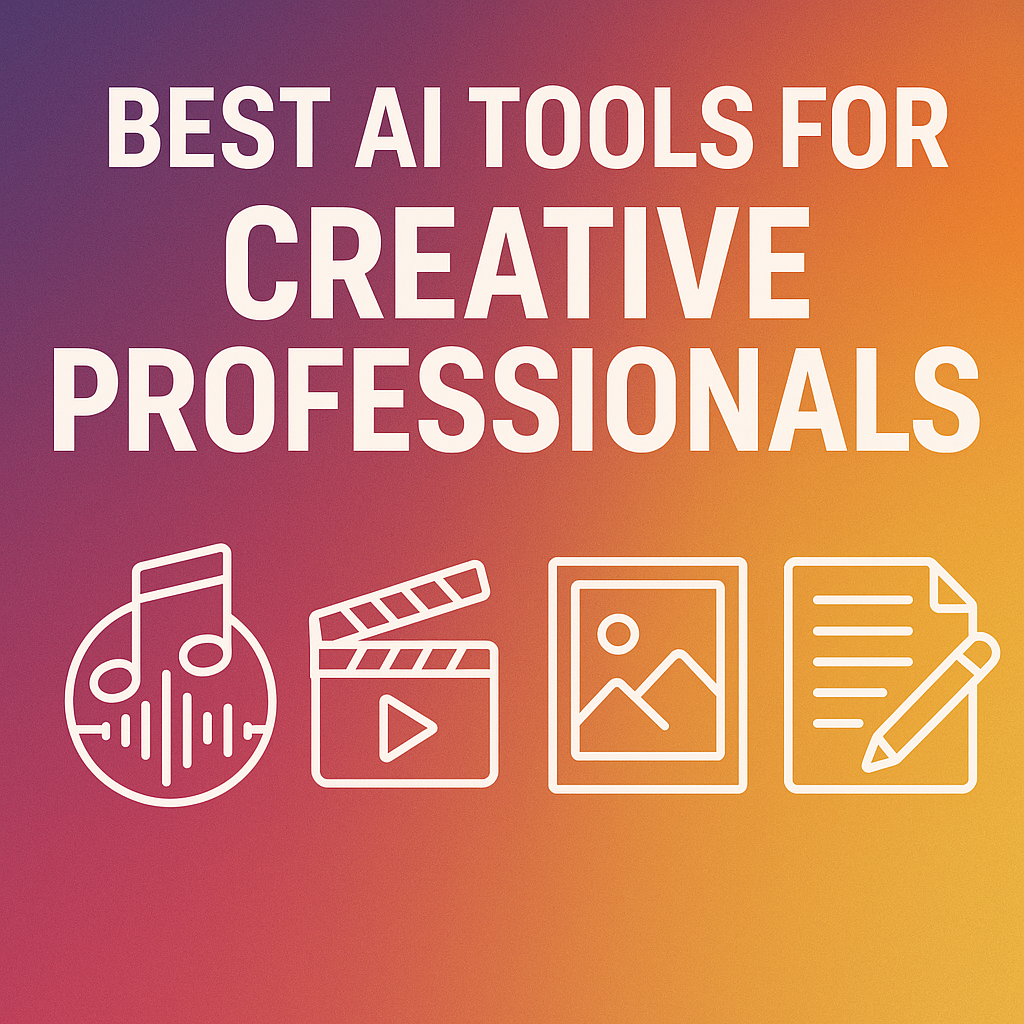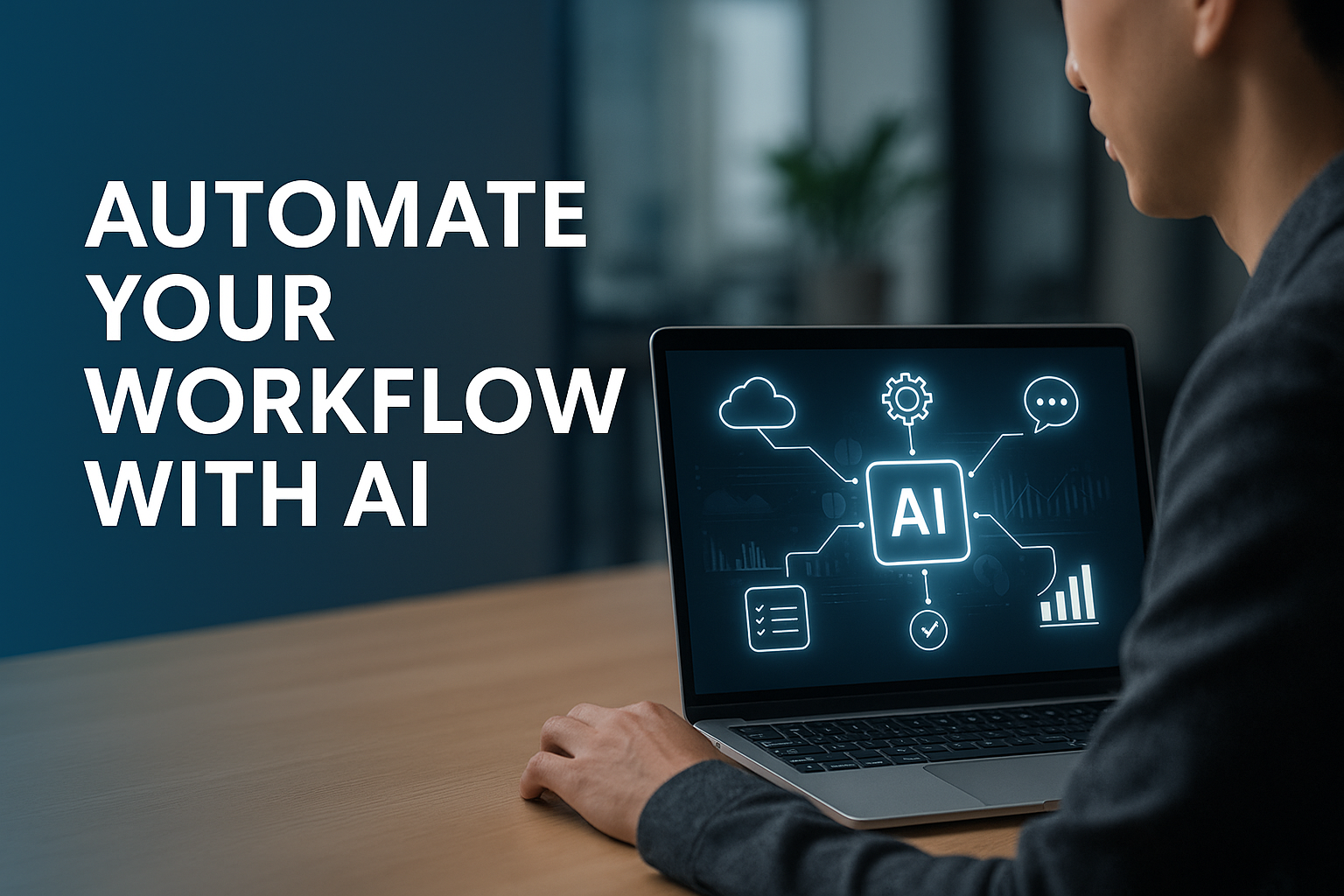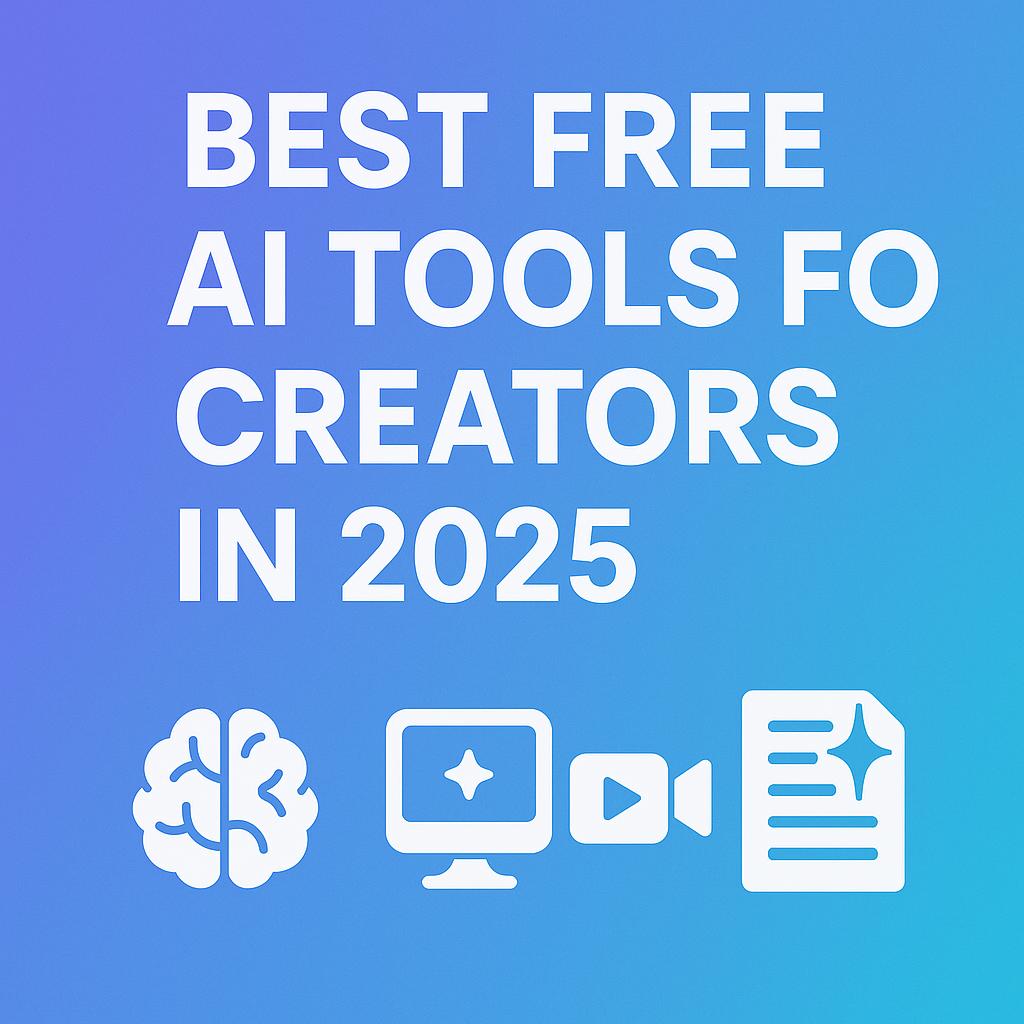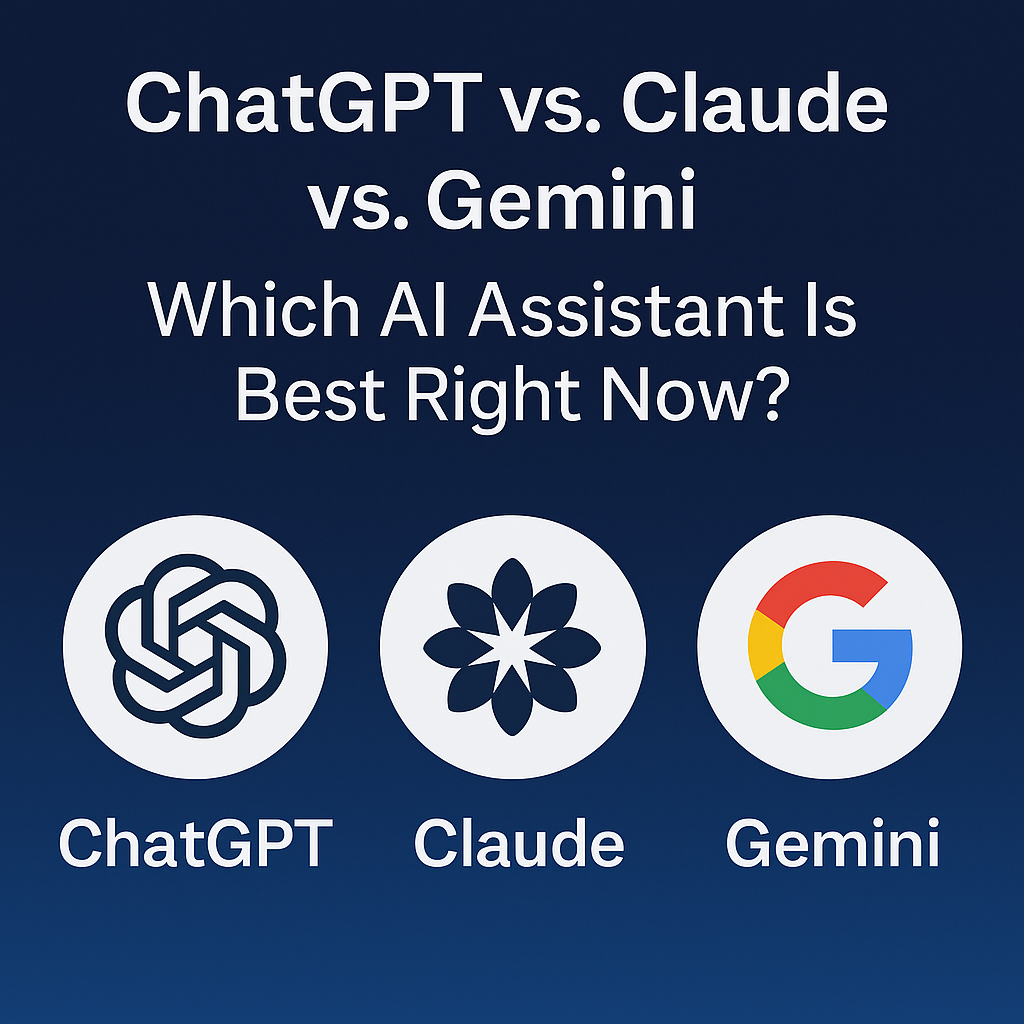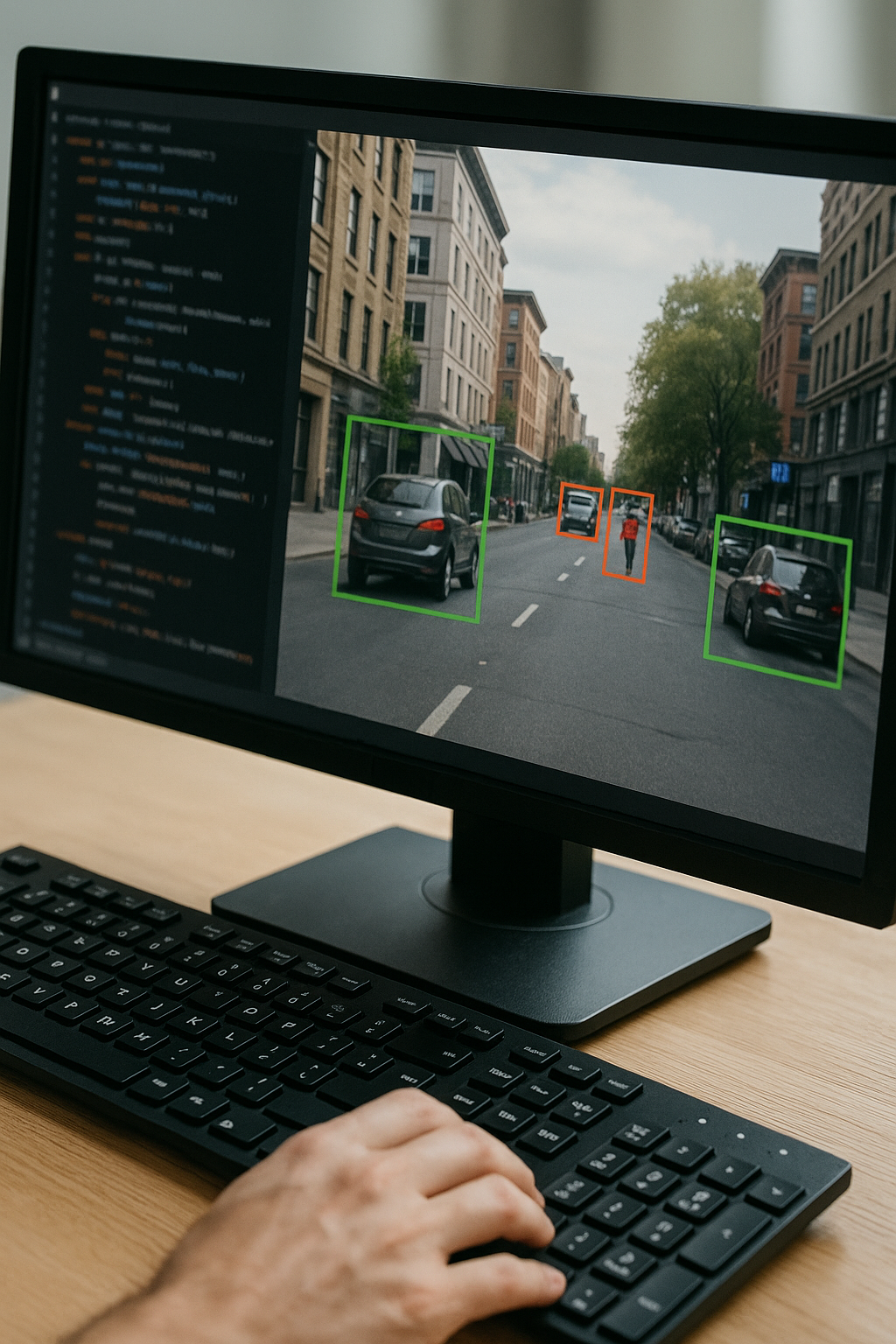AI and Ethics
The Moral Dilemmas of Artificial Intelligence
Artificial Intelligence (AI) is rapidly transforming our world, offering unprecedented opportunities for innovation and progress across various sectors, from healthcare and finance to transportation and entertainment. However, as AI becomes more sophisticated and pervasive, it also presents ethical challenges that demand our immediate and ongoing attention. In this post, we'll delve deep into some of the key moral dilemmas posed by AI technology and their far-reaching implications for society.
Bias in Algorithms: The Hidden Prejudice
One of the most pressing ethical concerns in AI is algorithmic bias. AI systems learn from historical data, which often reflects societal prejudices and inequalities. As a result, these biases can be inadvertently embedded into AI algorithms, leading to discriminatory outcomes in areas such as hiring, lending, criminal justice, and healthcare.
Examples of Algorithmic Bias:
- Facial Recognition: Facial recognition systems have been shown to have higher error rates for people of color and women, potentially leading to false identifications and unjust consequences. A study by the National Institute of Standards and Technology (NIST) found that many facial recognition algorithms were 10 to 100 times more likely to misidentify African American and Asian faces compared to Caucasian faces.
- Hiring Algorithms: Amazon had to scrap an AI recruiting tool that showed bias against women. The system was trained on resumes submitted to the company over a 10-year period, most of which came from men, reflecting the male dominance in the tech industry.
- Criminal Risk Assessment: AI systems used to predict recidivism rates in the criminal justice system have been found to falsely flag Black defendants as future criminals at almost twice the rate as white defendants.
Addressing Algorithmic Bias:
Tackling this issue requires a multi-faceted approach:
- Diverse Datasets: Ensuring training data is diverse and representative of all groups.
- Algorithmic Fairness: Developing techniques to detect and mitigate bias in AI models.
- Diverse Workforce: Promoting diversity in AI development teams to bring different perspectives to the table.
- Transparency: Making AI decision-making processes more interpretable and open to scrutiny.
- Regular Audits: Conducting ongoing assessments of AI systems for potential biases.
Privacy Concerns: The Price of Convenience
AI's ability to process vast amounts of data has raised significant privacy concerns. From smart home devices that listen to our conversations to social media algorithms that predict our behaviours, AI systems are constantly collecting and analyzing our personal information.
The Scope of Data Collection:
- Smart Devices: IoT devices like smart speakers, thermostats, and security cameras collect data about our daily habits and preferences.
- Social media: Platforms use AI to analyze our posts, likes, and interactions to build detailed profiles.
- Location Data: Smartphones and apps constantly track our movements, creating detailed location histories.
- Health Data: Wearable devices and health apps collect sensitive information about our physical condition and activities.
Privacy Risks:
- Data Breaches: Large-scale data collection creates attractive targets for hackers, risking exposure of personal information.
- Unauthorized Access: Concerns about government surveillance or corporate misuse of collected data.
- Profiling and Discrimination: Detailed personal profiles could be used for discriminatory practices in insurance, employment, or credit decisions.
- Loss of Anonymity: Advanced AI can potentially de-anonymize data that was thought to be anonymous.
Balancing Innovation and Privacy:
- Data Minimization: Collecting only necessary data and implementing strong data deletion policies.
- Privacy-Preserving AI: Developing techniques like federated learning and differential privacy that allow AI to learn from data without accessing raw personal information.
- Transparent Policies: Clear, easily understandable privacy policies that give users control over their data.
- Regulatory Frameworks: Implementing and enforcing comprehensive data protection laws like GDPR.
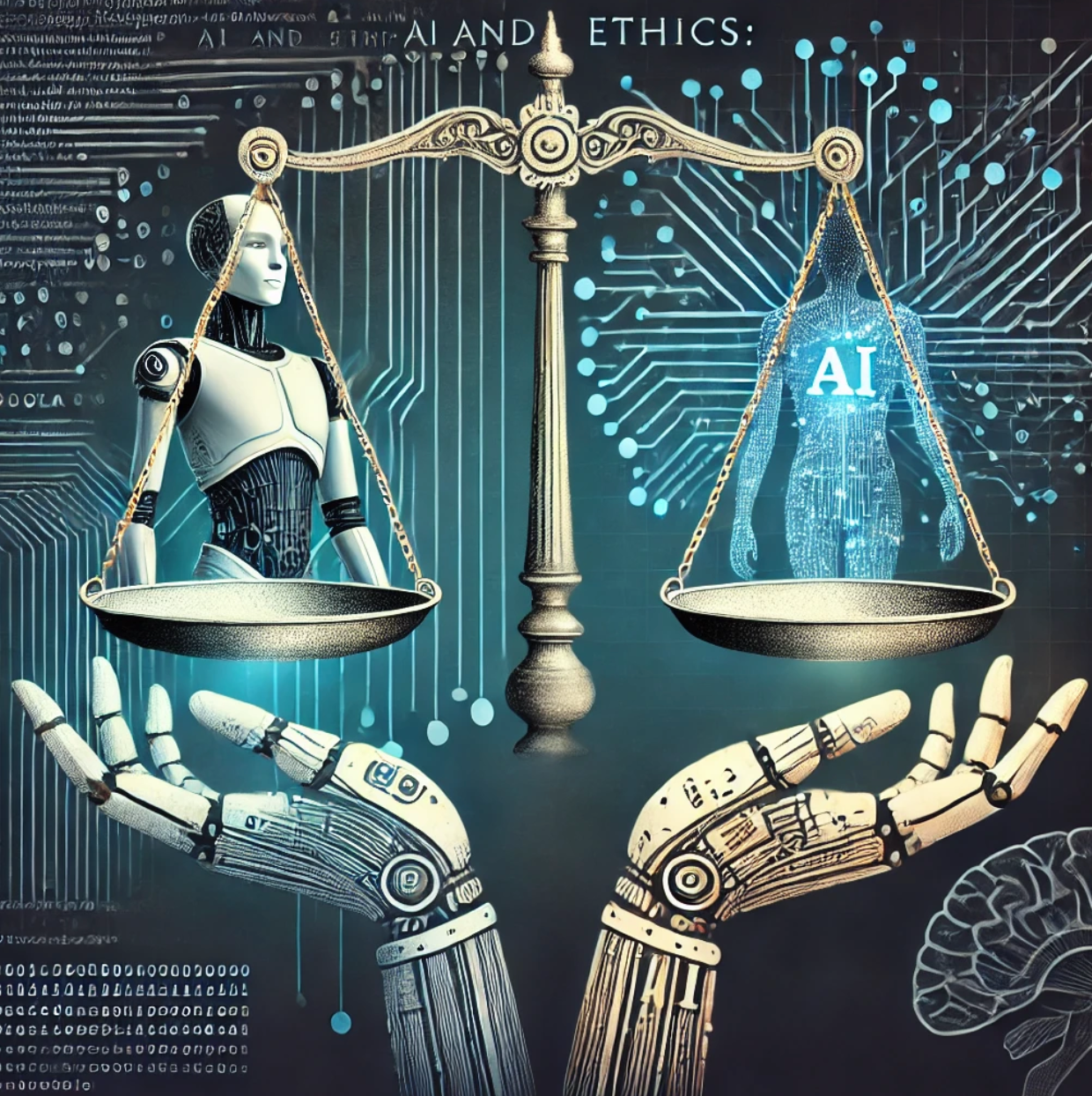
The Responsibility of AI Developers: Shaping the Future
As AI becomes more autonomous and influential in decision-making processes, the responsibility of AI developers grows exponentially. They must grapple with complex ethical questions and considerations.
Key Ethical Challenges for Developers:
- Ethical Decision-Making: How can we ensure AI systems make ethical decisions in complex scenarios? For instance, in the case of autonomous vehicles, how should the AI prioritize different lives in potential accident scenarios?
- Preventing Misuse: What safeguards should be in place to prevent AI from being used maliciously? This includes concerns about deepfakes, autonomous weapons, and AI-enhanced surveillance systems.
- Human Oversight: How do we maintain meaningful human control over AI systems, especially as they become more complex and autonomous?
- Transparency and Explainability: How can we make AI decision-making processes more interpretable, especially in critical areas like healthcare or criminal justice?
- Long-term Impacts: How do we account for the potential long-term societal impacts of AI systems, such as job displacement or changes in human behavior?
Implementing Ethical AI Development:
- Ethics by Design: Incorporating ethical considerations from the earliest stages of AI development.
- Ethical Guidelines: Developing and adhering to comprehensive ethical guidelines for AI development.
- Interdisciplinary Collaboration: Involving ethicists, social scientists, and other stakeholders in the AI development process.
- Impact Assessments: Conducting thorough assessments of potential societal impacts before deploying AI systems.
- Ongoing Monitoring: Implementing systems for continuous monitoring and adjustment of AI systems post-deployment.
The Existential Question: Artificial General Intelligence (AGI)
While current AI systems are narrow in their capabilities, the potential development of Artificial General Intelligence (AGI) - AI that matches or exceeds human intelligence across a wide range of tasks - raises profound ethical questions.
Key Considerations:
- Control Problem: How can we ensure that highly advanced AI systems remain aligned with human values and interests?
- Rights and Personhood: If AGI is developed, what rights, if any, should it have? Could it be considered a person?
- Economic and Social Disruption: How would the development of AGI impact human labor, creativity, and purpose?
- Existential Risk: How do we mitigate the potential existential risks posed by superintelligent AI?
The Road Ahead: Navigating the Ethical Landscape
As we continue to push the boundaries of AI technology, it's crucial that we address these ethical challenges head-on. This requires collaboration between technologists, ethicists, policymakers, and the public to develop frameworks that promote responsible AI development and deployment.
Steps Towards Ethical AI:
- Global Cooperation: Developing international agreements and standards for AI ethics.
- Education: Incorporating AI ethics into computer science and engineering curricula.
- Public Engagement: Fostering open dialogue and public understanding of AI and its implications.
- Regulatory Frameworks: Developing adaptive regulations that can keep pace with AI advancements.
- Ethical AI Certification: Creating standards and certification processes for ethical AI systems.
By fostering open dialogue and prioritizing ethical considerations, we can harness the full potential of AI while mitigating its risks. The future of AI is in our hands, and the choices we make today will shape the world of tomorrow.
Stay at the forefront of this crucial dialogue. Sign up for our newsletter to receive exclusive insights from leading AI ethicists, updates on groundbreaking research, and in-depth analysis of emerging ethical challenges in AI. Join a community of forward-thinkers committed to ensuring AI serves humanity's best interests. Don't just witness the AI revolution – be part of shaping its ethical foundation.
Sign Up For Our Weekly Newsletter and Get Your FREE Ebook " AI For Everyone - Learn the Basics and Embrace the Future"



